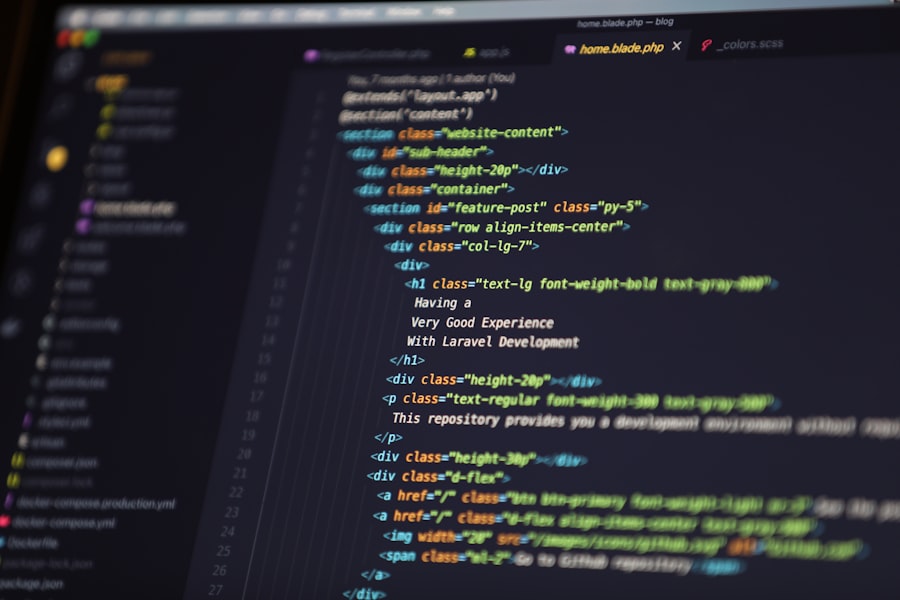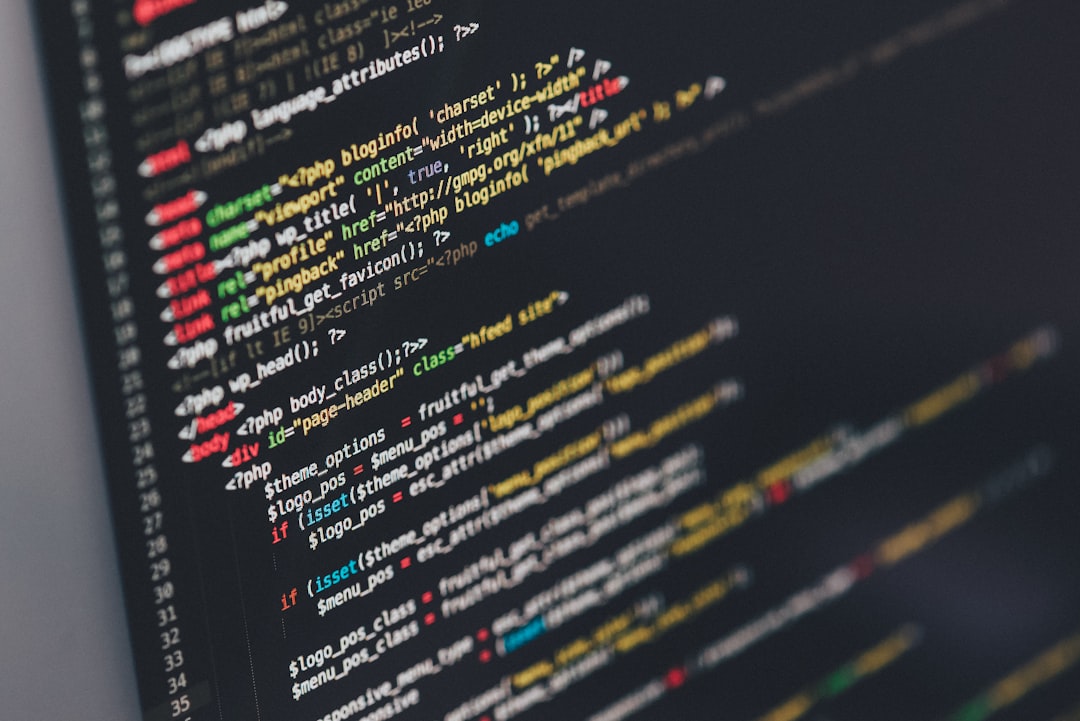OpenAI Codex represents a significant leap forward in the realm of artificial intelligence, particularly in the field of programming and software development. Launched as a successor to the groundbreaking GPT-3 model, Codex is designed to understand and generate code in a multitude of programming languages. This innovative AI tool has garnered attention for its ability to translate natural language prompts into functional code snippets, making it an invaluable resource for developers, hobbyists, and even those with minimal coding experience.
By harnessing the power of machine learning and vast datasets, OpenAI Codex aims to bridge the gap between human intent and machine execution, thereby revolutionizing how we approach coding tasks. The introduction of OpenAI Codex has sparked excitement within the tech community, as it opens up new possibilities for automation and efficiency in software development. With its ability to comprehend context and generate relevant code, Codex can assist in everything from simple scripting tasks to complex application development.
As we delve deeper into the capabilities of this AI-powered tool, it becomes clear that OpenAI Codex is not just a novelty; it is a transformative force that could redefine the landscape of programming as we know it.
Key Takeaways
- OpenAI Codex is an AI model developed by OpenAI that can generate human-like code based on natural language prompts.
- AI-powered code generation involves using machine learning algorithms to automatically generate code based on natural language instructions.
- OpenAI Codex utilizes natural language processing to understand and interpret human language, enabling it to generate code in various programming languages.
- Using OpenAI Codex for code generation can improve productivity, reduce development time, and assist developers in writing complex code.
- AI-powered code generation also presents challenges such as potential biases in the generated code, security concerns, and the need for ethical considerations in its use.
Understanding AI-Powered Code Generation
At its core, AI-powered code generation involves the use of artificial intelligence algorithms to create code based on user input or predefined parameters. OpenAI Codex employs advanced natural language processing techniques to interpret user queries and convert them into executable code. This process is underpinned by a deep learning model trained on a diverse array of programming languages and coding practices, allowing it to generate code that is not only syntactically correct but also contextually relevant.
The mechanics of AI-powered code generation are fascinating. When a user inputs a request in plain language, Codex analyzes the intent behind the query and retrieves relevant patterns from its training data. It then synthesizes this information to produce code that aligns with the user’s specifications.
This capability not only streamlines the coding process but also democratizes programming by making it accessible to individuals who may lack formal training in software development. As a result, even those with limited technical knowledge can leverage Codex to bring their ideas to life.
Exploring Natural Language Processing with OpenAI Codex

Natural Language Processing (NLP) is a critical component of OpenAI Codex’s functionality. By utilizing NLP techniques, Codex can understand and interpret human language, allowing it to respond accurately to user queries. This capability is particularly important in the context of code generation, where precise communication is essential for producing the desired output.
Codex’s NLP prowess enables it to parse complex instructions, identify key components, and generate code that meets the user’s needs. Moreover, the integration of NLP into Codex enhances its usability across various domains. Developers can interact with the AI using conversational language, making it easier to specify requirements without needing to adhere strictly to programming syntax.
This flexibility not only accelerates the coding process but also fosters creativity, as users can experiment with different approaches and receive immediate feedback in the form of generated code. The synergy between NLP and code generation positions OpenAI Codex as a powerful tool for both novice and experienced programmers alike.
Benefits of Using OpenAI Codex for Code Generation
| Benefits of Using OpenAI Codex for Code Generation |
|---|
| 1. Increased productivity |
| 2. Faster code development |
| 3. Reduced human error |
| 4. Improved code quality |
| 5. Support for multiple programming languages |
| 6. Assistance in writing complex algorithms |
The advantages of utilizing OpenAI Codex for code generation are manifold. One of the most significant benefits is the substantial reduction in development time. By automating routine coding tasks, Codex allows developers to focus on higher-level design and problem-solving activities.
This efficiency can lead to faster project completion times and increased productivity, enabling teams to deliver software solutions more rapidly. Additionally, OpenAI Codex serves as an excellent learning resource for aspiring programmers. By generating code snippets based on user queries, it provides real-time examples that can help users understand programming concepts and best practices.
This educational aspect is particularly valuable for those who are self-taught or looking to expand their skill set. Furthermore, Codex’s ability to suggest improvements or alternative approaches encourages users to think critically about their coding practices, fostering a culture of continuous learning and growth within the programming community.
Limitations and Challenges of AI-Powered Code Generation
Despite its impressive capabilities, OpenAI Codex is not without limitations and challenges. One notable concern is the potential for generating incorrect or suboptimal code. While Codex is trained on vast amounts of data, it may still produce outputs that contain bugs or do not adhere to best practices.
This necessitates a level of oversight from developers who must review and validate the generated code before deployment. Another challenge lies in the ethical implications of using AI for code generation. As AI systems become more integrated into software development processes, questions arise regarding accountability and ownership of the generated code.
Developers must navigate these complexities while ensuring that they use AI responsibly and ethically. Additionally, there is a risk that reliance on AI tools like Codex could lead to a decline in traditional coding skills among developers, raising concerns about long-term implications for the profession.
Use Cases and Applications of OpenAI Codex

OpenAI Codex has a wide array of use cases across various industries and applications. One prominent application is in web development, where Codex can assist developers in creating responsive designs, implementing features, and debugging code efficiently. By generating HTML, CSS, and JavaScript snippets based on user input, Codex streamlines the web development process and empowers developers to focus on creating engaging user experiences.
Beyond web development, Codex finds utility in data analysis and machine learning tasks. Data scientists can leverage its capabilities to generate scripts for data manipulation, visualization, and model training with minimal effort. This not only accelerates the data analysis workflow but also allows data professionals to experiment with different algorithms and techniques without getting bogged down by repetitive coding tasks.
The versatility of OpenAI Codex makes it an invaluable asset across diverse fields, from finance to healthcare.
Ethical Considerations in AI-Powered Code Generation
As with any emerging technology, ethical considerations surrounding AI-powered code generation are paramount. One major concern is the potential for bias in the training data used to develop models like OpenAI Codex. If the underlying datasets contain biased information or reflect societal inequalities, there is a risk that the generated code may perpetuate these biases in real-world applications.
Developers must remain vigilant about these issues and actively work towards mitigating bias in AI-generated outputs. Additionally, there are questions regarding intellectual property rights when it comes to AI-generated code. As Codex generates code based on existing patterns and examples from its training data, determining ownership of the resulting code can be complex.
Developers must navigate these legal intricacies while ensuring that they respect copyright laws and ethical standards in their work. Engaging in open discussions about these ethical considerations will be crucial as AI continues to evolve within the software development landscape.
Future Developments and Implications of OpenAI Codex
Looking ahead, the future developments surrounding OpenAI Codex hold immense potential for further transforming the programming landscape. As advancements in machine learning continue to progress, we can expect improvements in Codex’s accuracy and contextual understanding. Future iterations may incorporate more sophisticated algorithms that enhance its ability to generate complex code structures while minimizing errors.
Moreover, as AI becomes increasingly integrated into software development workflows, we may witness a shift in how developers approach coding tasks altogether. The role of programmers may evolve from traditional coding to more strategic oversight and collaboration with AI tools like Codex. This shift could lead to new job opportunities focused on managing AI systems and ensuring their ethical use within organizations.
In conclusion, OpenAI Codex stands at the forefront of AI-powered code generation, offering unprecedented capabilities that have the potential to reshape how we approach programming. While challenges remain regarding accuracy and ethical considerations, the benefits it brings—such as increased efficiency and accessibility—are undeniable. As we continue to explore this exciting technology, it is essential for developers and stakeholders alike to engage thoughtfully with its implications for the future of software development.











Leave a Reply